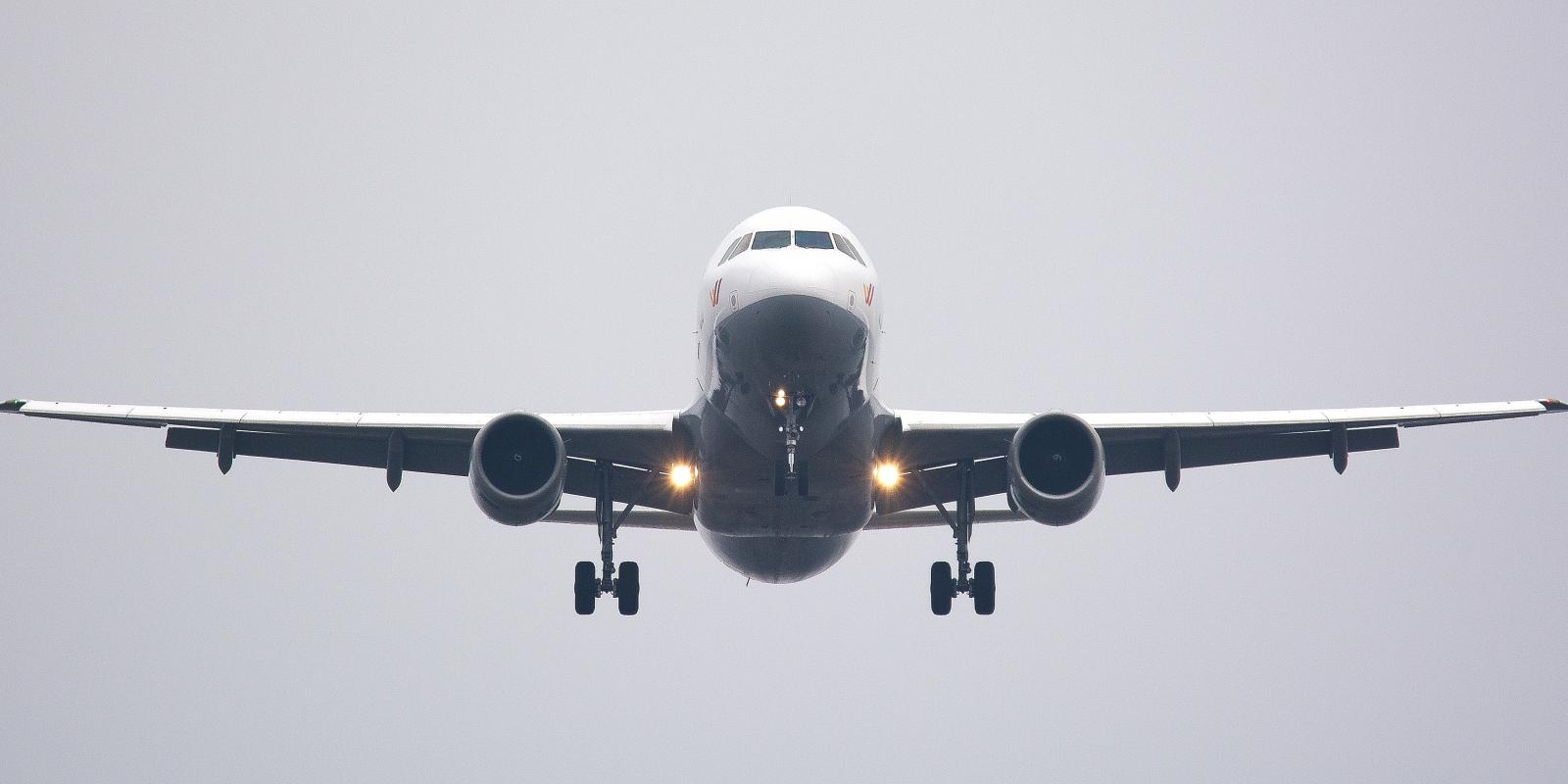The African Travel and Tourism Association has accused the United Kingdom of “discriminating” against travellers from Africa by failing to open travel corridors.
Africa is one of the few continents with no corridor from the UK, meaning that all travellers are forced to quarantine for 14 days.
This is despite the fact that Britain now has higher rates of COVID-19 cases compared to many African countries including Nigeria, South Africa, Egypt, Kenya, Ghana, Uganda and Rwanda.
UK travel corridors are currently in place to Singapore and Malaysia in Asia; countries in Europe such as Germany and Italy; Antigua, Barbados and Cuba in the Caribbean plus Australia and New Zealand although both countries’ borders remain closed to international travellers.
The African Travel and Tourism Association, therefore, launched a petition that calls for a review of the travel corridors list to countries in Africa “in line with the same metrics used for the rest of the world”.
The petition titled, “Review travel advice and travel corridor list for African countries” was started by Alice Gully and has attracted over 4,000 signatures as of the time of filing this report.
READ ALSO: Airlines to experience cash crisis, lose $77bn- IATA
“The Government should review its travel corridor list and advice for travel to African countries, in line with the same metrics used for the rest of the world. If metrics of cases per 100k and testing levels were used, this could enable travel to Eastern and Southern Africa, to start with,” it demanded.
The petition has also attracted supports from UK citizens like former England cricketer Kevin Pietersen, who said, “With such low Covid infections, it seems discriminatory to not have any corridors to African countries from the UK.
“Health measures are extremely good in countries such as Kenya, Rwanda and South Africa, so it doesn’t make sense for Africa to be effectively cut off from the UK anymore.
“I urge the UK government to open up corridors as they would be a lifeline for so many.”













